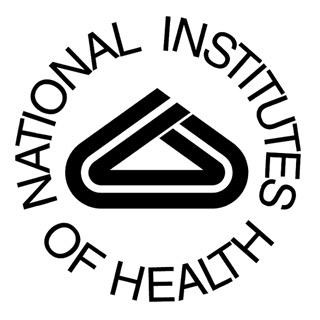
The study plan seems to have been submitted to the Food and Drug Administration for evaluation. If the FDA allows them to proceed with the trial, it would then be conducted at seven sites across the United States which may possibly be participating in NHLBI’s Severe Asthma Research Program.
“People with severe asthma often take high doses of glucocorticoids that can suppress their immune system, placing them at greater risk for infection and possibly serious disease caused by 2009 H1N1 influenza virus. We need to determine the optimal dose of 2009 H1N1 influenza vaccine that can be safely administered to this at-risk population and whether one or two doses are needed to produce an immune response that is predictive of protection,†says NIAID Director, Anthony S. Fauci, M.D.
Apparently, this program already has a well-characterized group of participants with mild, moderate or severe asthma who could be qualified for this novel study. These groups seem to have been chiefly distinguished by the amount and frequency of glucocorticoids required in order to control asthma symptoms.
For instance, people with mild disease may not need glucocorticoids, or could perhaps require low doses of inhaled glucocorticoids. Also, those with moderate asthma claim to require low to moderate doses of inhaled glucocorticoids.
Furthermore, those with severe asthma could require high doses of inhaled glucocorticoids and frequently use oral glucocorticoids too. It was noted that individuals who by now have been infected with 2009 H1N1 influenza or have received a 2009 H1N1 influenza vaccination will not be eligible for the study.
“The results of this study will have immediate implications for individuals with severe asthma as well as those who have milder asthma,†says NHLBI Director Elizabeth G. Nabel, M.D.
Previous results from other clinical trials of 2009 H1N1 influenza vaccines in healthy adults have shown that a single 15-microgram dose of 2009 H1N1 influenza vaccine without adjuvant seem to be well tolerated and induces a strong immune response in the majority of participants.
Supposedly, the same vaccine also generates an immune response which is likely to be protective in healthy children between ages 10 to 17 years. Current trials seem to be comparing the immune response to one and two doses of 15- or 30-micrograms of vaccine which are given at an interval of three weeks in various populations.
The Centers for Disease Control and Prevention has recommended that certain at-risk populations could possibly receive the novel H1N1 vaccine as a priority before the general population. Apparently, these target populations include pregnant women, health care providers and individuals with inherent chronic medical conditions, including asthma.
People who suffer from severe asthma may be particularly at risk for infection with the 2009 H1N1 influenza virus. A report published in 2004 suggested that some people who took high doses of glucocorticoids in order to treat their asthma seem to receive a smaller amount protection from influenza vaccines against some strains of influenza.
Early in the 2009 H1N1 flu outbreak a CDC review of hospital records found that people with asthma appear to have a four-fold increased risk of being hospitalized with infection in contrast to the general population.
Allegedly, this study will register nearly 350 people with mild, moderate and severe asthma. Participants may perhaps be organized into two groups namely those with mild or moderate asthma and those with severe asthma. Approximately fifty percent of the participants in each group will be given a 15-microgram dose of vaccine whereas the other half a 30-microgram dose.
After three weeks, each participant may be provided with a second dose of the same amount. It was noted that the strength of the immune response induced by the vaccine will be determined in blood samples. Supposedly, this would be done by measuring the level of antibodies against 2009 H1N1 flu virus.
Trial investigators and an independent safety monitoring committee may collect and examine the precautionary data all through the course of the study. Furthermore, participants will be monitored for any side effects which they may experience because of the vaccine, in addition to asthma attacks that could happen during the study period.
The vaccine to be used in the trial is believed to be manufactured by Novartis. This vaccine seems to contain an inactivated 2009 H1N1 influenza virus because of which it cannot cause anyone to become infected with the virus.
The study is known to be cosponsored by the National Institute of Allergy and Infectious Diseases (NIAID) and the National Heart, Lung, and Blood Institute (NHLBI), both are a part of NIH.
